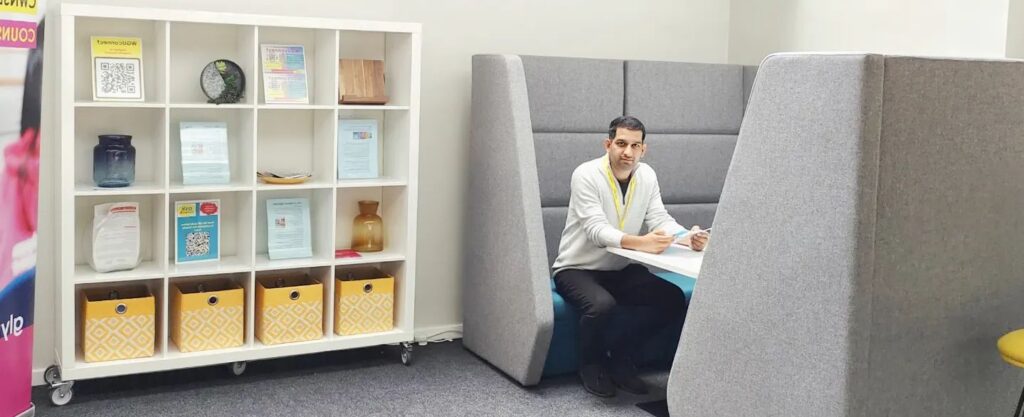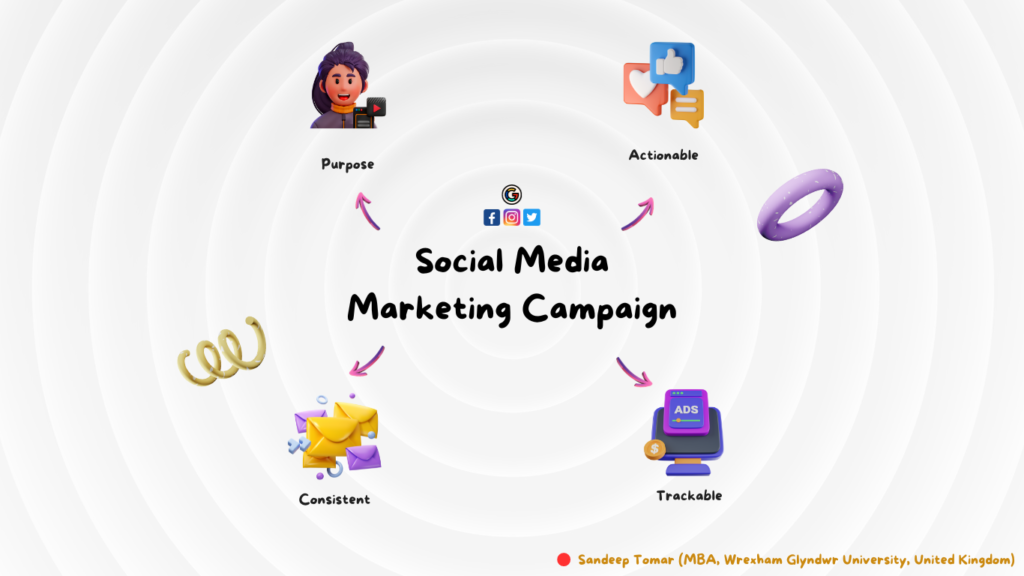
We all know that first impressions matter. But did you know that the words you use can make or break your professional image? In the workplace, clear and effective communication is key to building trust, collaborating effectively, and demonstrating your competence.
Unfortunately, many people unknowingly use phrases that undermine their professionalism. This blog post will highlight 10 common culprits and provide you with powerful alternatives to elevate your communication skills.
1. When Asked to Help
- Instead of: “That’s not my job.”
- Say: “Let me connect you with someone who can help.” or “While that’s not directly within my responsibilities, I can point you in the right direction. Have you tried [resource/person]?”
Why it matters: Dismissing a request for help can create silos within a team and make you seem unapproachable. Offering to connect someone to the right resource demonstrates a collaborative spirit and willingness to assist, even if you can’t personally solve the problem.
2. When Given a Task
- Instead of: “I’ll try to get it done.”
- Say: “I’ll have this completed by [specific time/date].”
Why it matters: While “I’ll try” seems harmless, it can convey a lack of commitment or confidence. Providing a clear timeframe shows reliability and allows others to plan accordingly.
3. In Meetings
- Instead of: “I think/I feel we should…”
- Say: “Based on [data/experience/research], I suggest we…”
Why it matters: Opinions carry more weight when supported by evidence. Grounding your suggestions in facts or data demonstrates a thoughtful approach and adds credibility to your contributions.
4. When Thanked
- Instead of: “No problem.”
- Say: “You’re welcome.” or “Happy to help.”
Why it matters: While “no problem” is a common response, it can sound dismissive. “You’re welcome” is a more formal and polite acknowledgment of gratitude. “Happy to help” adds a touch of warmth and reinforces your willingness to assist.
5. Following Up
- Instead of: “Just checking in…”
- Say: “Could you provide an update on [specific item/project]?” or “I’m reaching out to see if there are any updates on [specific item/project].”
Why it matters: Vague follow-ups can be frustrating for the recipient. Being specific about what you need demonstrates purpose and increases the likelihood of a prompt and helpful response.
6. After Explaining
- Instead of: “Does that make sense?”
- Say: “What are your thoughts on this?” or “Do you have any questions about this?”
Why it matters: “Does that make sense?” can subtly imply that your explanation was unclear or that the listener might not understand. Inviting their thoughts or questions encourages a dialogue and shows that you value their input.
7. When Delayed
- Instead of: “I’m sorry but…”
- Say: “Thank you for your patience.” or “I appreciate you bearing with me.”
Why it matters: While apologies are sometimes necessary, constantly saying “I’m sorry” can undermine your authority. Expressing gratitude for someone’s patience maintains a more confident stance while acknowledging any inconvenience caused.
8. On Urgency
- Instead of: “It’s kind of urgent.”
- Say: “This requires attention by [specific time/date] due to [brief explanation].”
Why it matters: Ambiguity around urgency can lead to confusion and missed deadlines. Clearly stating the deadline and reason for urgency ensures everyone is on the same page and can prioritize effectively.
9. Suggesting Ideas
- Instead of: “Maybe we could…”
- Say: “I recommend we [specific action] because [reason].”
Why it matters: Tentative language like “maybe” can make you seem unsure of yourself. Directly stating your recommendation and providing a rationale demonstrates confidence and helps drive decision-making.
10. When Receiving Feedback
- Instead of: “But I’ve always done it this way.”
- Say: “Thank you for the feedback. I’m interested in understanding how I can improve.” or “I appreciate you taking the time to share your perspective. I’m open to exploring new approaches.”
Why it matters: Defensiveness hinders growth. Expressing gratitude for feedback and showing a willingness to learn demonstrates professionalism and a commitment to continuous improvement.
By incorporating these simple changes into your daily communication, you can project a more confident, capable, and professional image. Remember, strong communication skills are an invaluable asset in any workplace.


